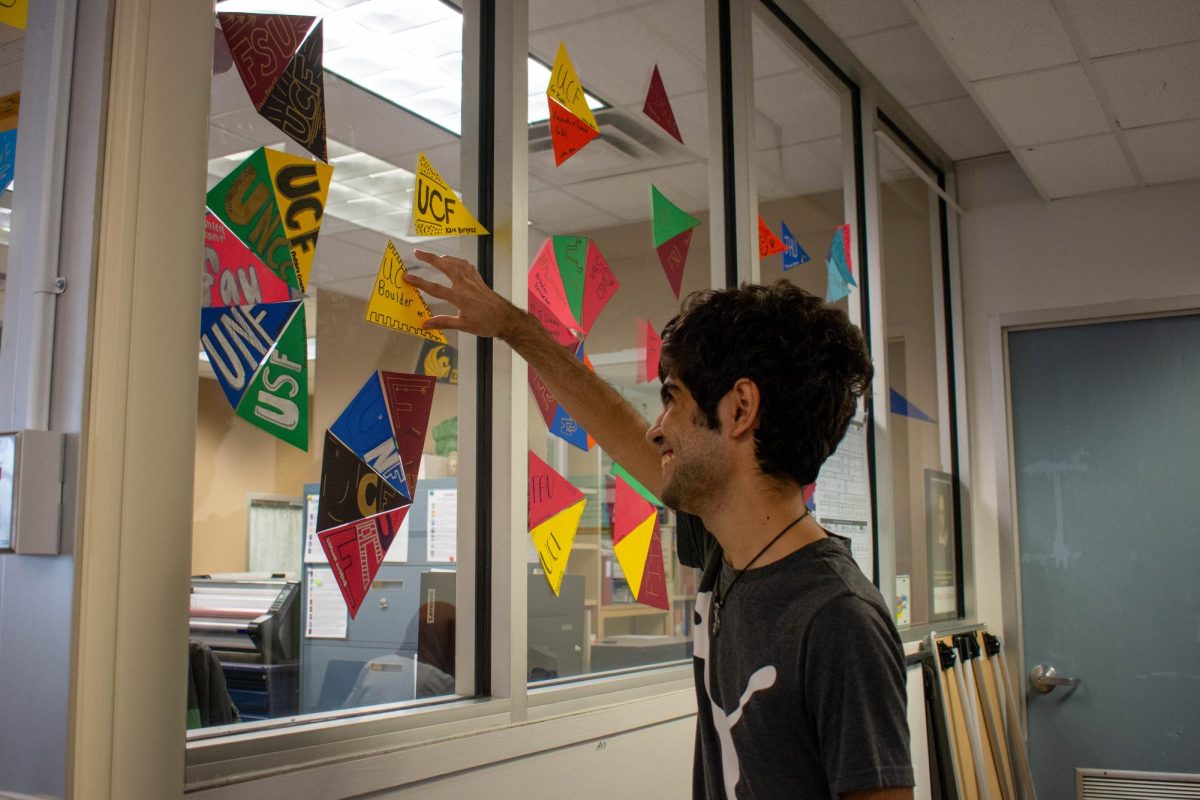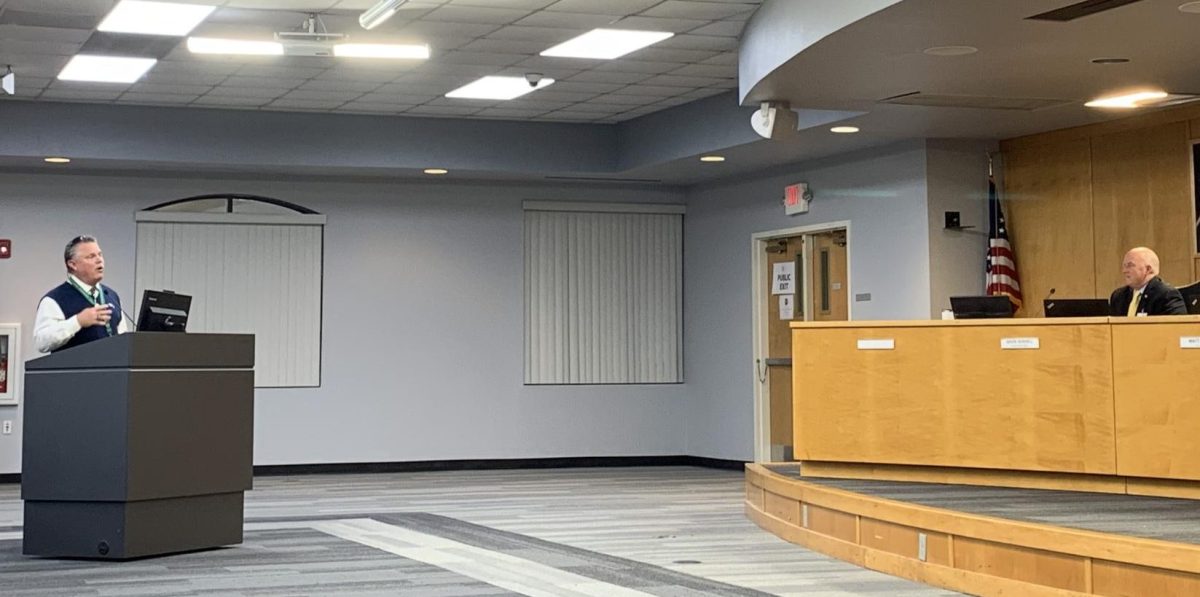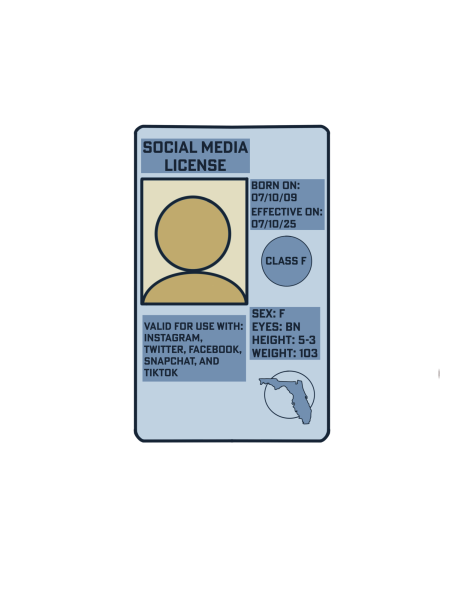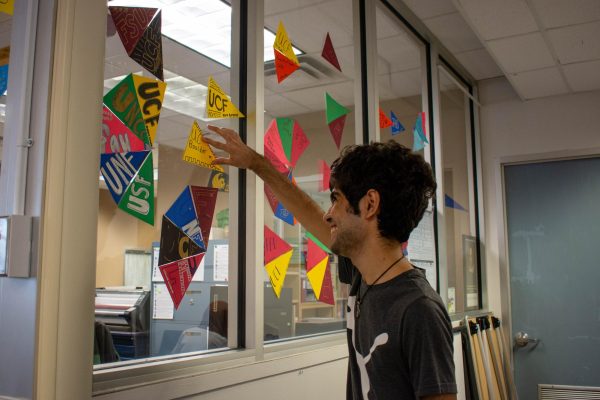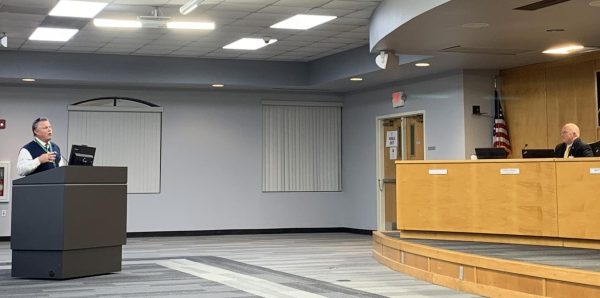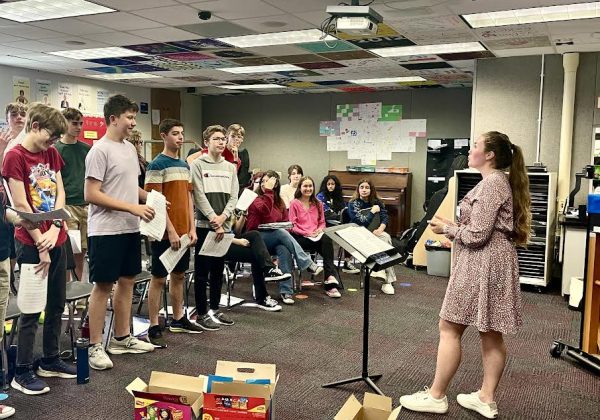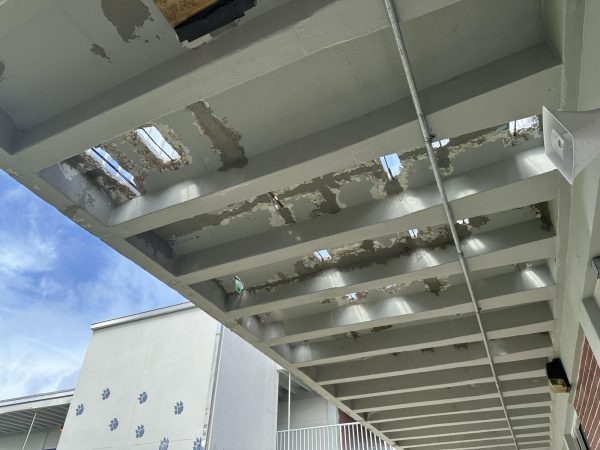School Board Debates Making Changes to District’s Discipline Code
Brevard County Sheriff's Department
Board Chairman Matt Susin and Sheriff Wayne Ivey hold a press conference outside the Brevard County Jail.
January 25, 2023
Brevard County School Board Chairman Matt Susin called an emergency board meeting Dec. 9 to discuss disciplinary issues, saying 42 teachers and eight bus drivers had quit following attacks from students that included biting, scratching and choking.
The meeting followed Brevard County Sheriff Wayne Ivey’s Nov. 28 press conference in which he declared a “brand new day” for student discipline in the public school system.
“I do not think violence against teachers should be tolerated,” senior Gabby Cintron said. “I have never seen a violent act against a teacher at [West Shore], but if something did happen I think the [student] should receive the highest punishment.”
At the meeting, the board decided on a zero-tolerance policy for physical abuse against faculty and staff and a potential ban on student using cell phones on campus.
“I do not agree with the phone ban,” freshmen Tristan McLaughlin said. “If anything, it is going to make the kids less safe, and it might be a struggle for the teachers to do classroom activities because students can’t use their phones.”
The meeting lasted from 9 a.m. to 3:30 p.m. The board did not discuss policies until 12:30 p.m.
“There have been no changes made,” School Board member Jennifer Jenkins said after the meeting. “No legal or practical [change] even presented. At this point it is simply empty rhetoric.”
Some Brevard County schools already enforce limits on student use of cell phones.
“All phones are collected at the beginning of class each day,” Melbourne High School senior Ava Haroulakis said. “It made school life a little bit more challenging. Things that used to be simple are more complicated. For example, keeping in touch with parents is no longer possible, which can be an issue especially for picking up and dropping off situations.”
Teachers and administrators say the ban will help their students better focus on classwork and discussions.
“Since I started asking my students to put their phones in the holder when they enter class, I have seen a positive improvement in their focus,” United States government and economics teacher Sean Regan said. “It can also help some students realize their dependence on their devices and to break themselves of it. Phones are an important communication tool, but it is very unhealthy if your life revolves around it. At the end of the day, it is just a tool.”
But yearbook editor Shaila Venkat said the ban will make producing the yearbook a more difficult task.
“A lot of the interviewing that we do is done through our phone,” the senior said. “I’m worried that banning phones will prevent our ability to conduct journalism at this school, specifically because a lot of our assignments are done through our phones. Obviously, if we cannot use our phones, we will need recorders which will end up costing [the publication] more money.”
Details remain unclear regarding the policies around the phone ban.
“I would hope [the board] would not consider a one-size-fits-all for the [phone] ban,” Principal Rick Fleming said. “Many teachers here ask students to pull out their phones to mark assignments down in calendars. I would hope there was something in the policy that says that teachers in classrooms have the flexibility to sanction the use of cell phones.”
Sophomore Laith Zavala their supports curtailing phone use on campus.
“A phone ban will help improve our school,” he said. “The [ban] will open more opportunities for students to interact with their peers more without the distraction.”
A potential phone ban would alter the way students interact with some of the curriculum content.
“We have Chromebooks in every classroom to make up for the technological assignments,” Haroulakis said. “This has led to problems for our classes because of an unstable wifi connection and getting an access denied screen. Admin has to fix these problems.”
Regan said taking phones out of all schools won’t be easy.
“It can be difficult for many people to focus on other things when their phone is right there,” Regan said. “One negative I see is it could hinder communication between a parent and their child during school hours. We will have to ensure that we design our lessons to where students don’t need their phones in order to participate or be successful.”
For now, the policy appears to be unchanged.
“Whatever comes up, we will meet the letter of the expectation,” Fleming said. “I just hope that I have some input as a principal to mitigate some of the non-common sense potential policies.”



![The Melbourne Fire Department recognized coach and custodian Derrick Hamilton on April 16 with the Lifesaving Citizen Award during lunch. I would just react for anyone, Hamilton said. My love for children -- thats what it comes down to. [I am] where I am supposed to be.](https://westshoreroar.com/wp-content/uploads/2024/04/DSC_0639-1-e1713376507113-1200x805.jpg)

